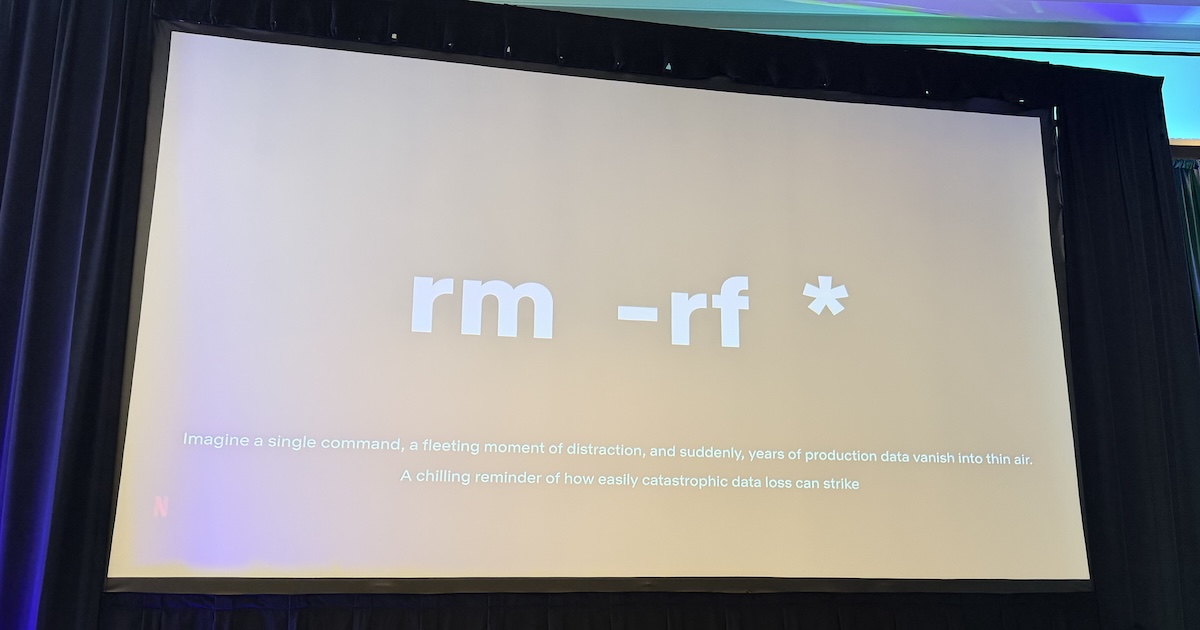
"Data deletion in distributed systems presents challenges that extend far beyond simple database operations. Engineers face a fundamental dilemma: the fear of accidentally destroying critical information keeps teams cautious, yet failing to delete data can expose them to legal risks under regulations like GDPR, increase storage costs, and erode customer trust. "Deletion can't be an afterthought," the presenters emphasized. A major driver of Netflix's platform is managing testing data generated by frequent end-to-end production tests."
"The complexity deepens when data spans multiple storage engines with different deletion characteristics. Cassandra uses background compaction with associated CPU costs and potential spikes; Elasticsearch relies on eventual segment merging, which has a high resource impact; while Redis uses lazy or active expiration. Even efficient deletes can cause background resource spikes, which can impact system stability. The platform also addresses data resurrection, where deleted data can reappear due to misconfiguration, extended node downtime, or synchronization issues-what the presenters called "the ghost in the machine.""
Netflix built a centralized data-deletion platform that coordinates deletions across heterogeneous storage engines while balancing durability, availability, and correctness. The platform has processed 76.8 billion row deletions across 1,300 datasets with zero data loss incidents. Deletion needs arise from test-generated production data, legal and compliance obligations such as GDPR, storage cost reduction, and customer trust preservation. Different stores have distinct deletion behaviors—Cassandra compaction, Elasticsearch segment merging, and Redis expiration—each causing background resource spikes. Deleted data can resurrect due to misconfiguration, node downtime, or synchronization issues. The platform mitigates these risks through careful copy management, throttling, orchestration, and monitoring to ensure eventual and correct removal.
Read at InfoQ
Unable to calculate read time
Collection
[
|
...
]